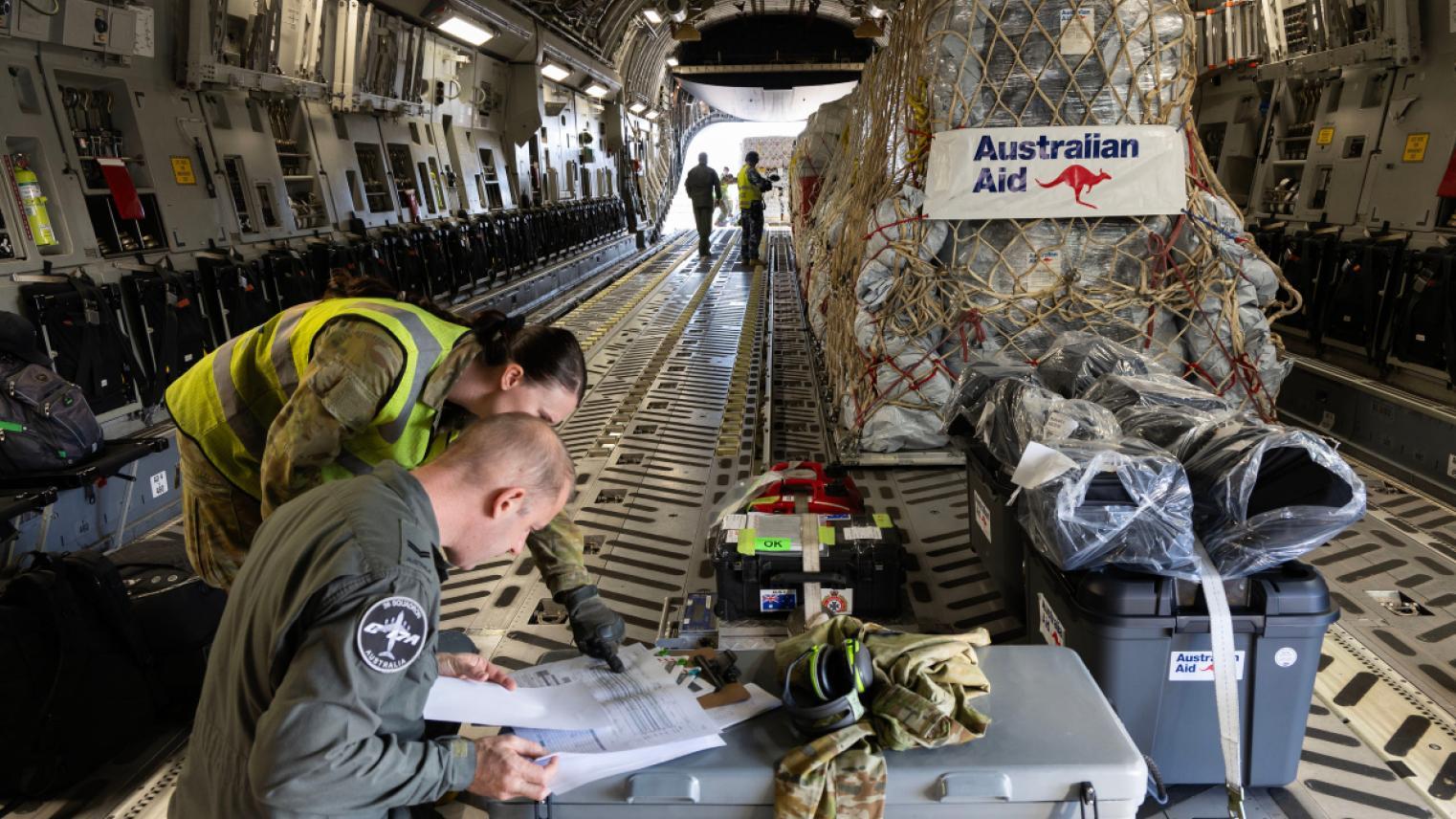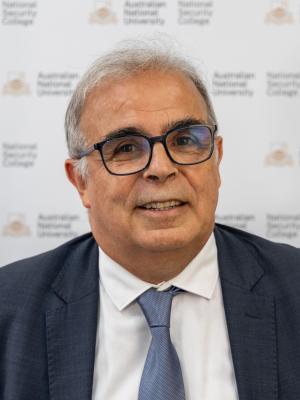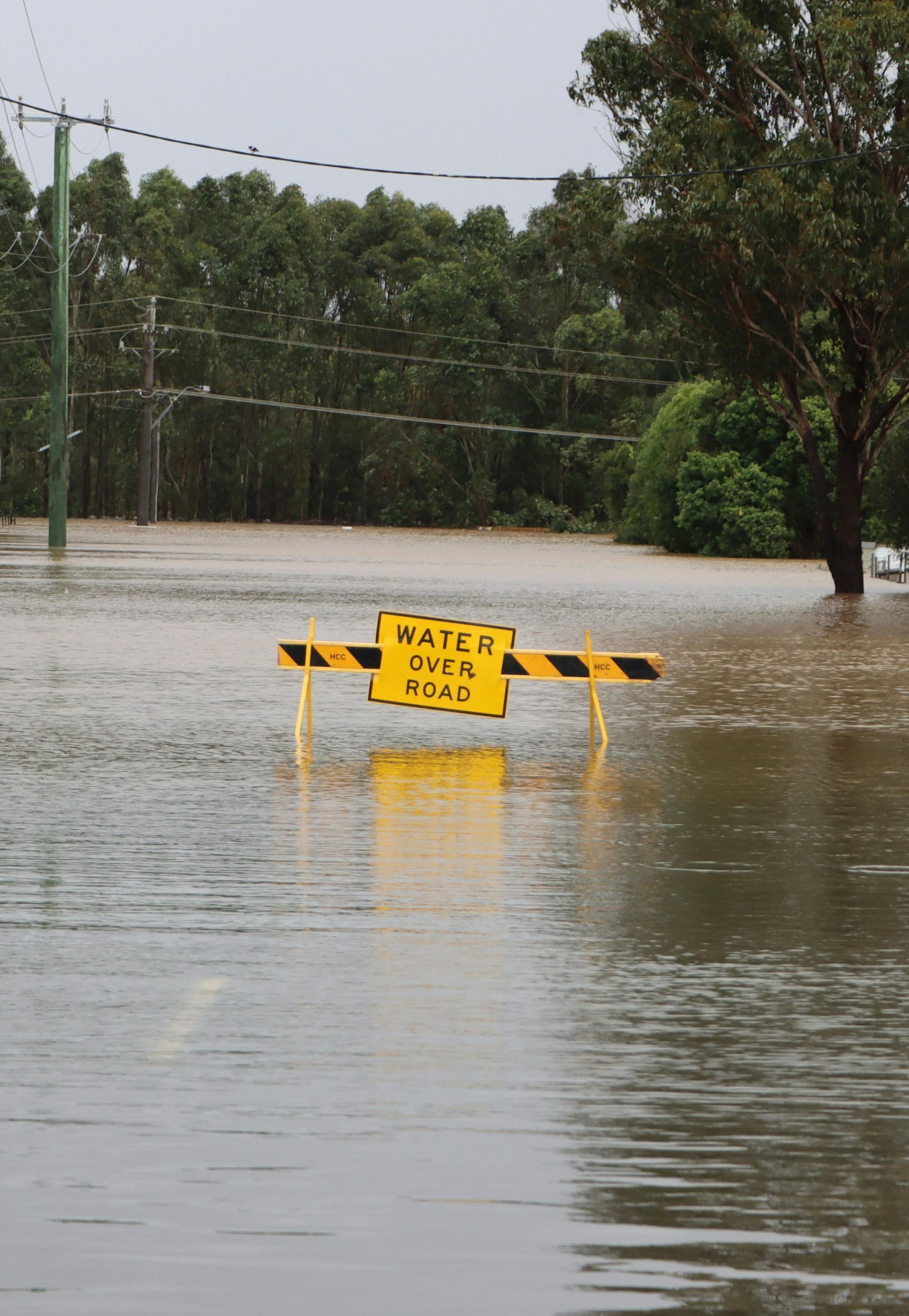Changing tides: responding to China’s emergence in Indo-Pacific humanitarian assistance and disaster relief

On
Executive summary
Humanitarian Assistance and Disaster Relief (HADR) operations are becoming a central theme of Indo-Pacific cooperation. The increasing number of catastrophic events – linked in particular to climate change – calls for collective responses. However, geopolitical trends are simultaneously changing the perception of HADR. As China’s relations with the US and its partners are becoming increasingly competitive, so does HADR, which has become a key instrument in the tussle for influence in the Indo-Pacific.
Key points
- The future of HADR operations will involve transforming HADR recipient states from consumers to stakeholders, an endeavour complicated by the gap between their political will for greater appropriation of HADR and their capacities.
- Attempts to improve coordination mechanisms are bound to lead to compromises, where political considerations will increasingly be given space, but operational considerations will still prevail.
Recommendations
- Formalise the creation of the Pacific Response Group (PRG) proposed during the December 2023 South Pacific Defence Minister Meeting (SPDMM).
- Incorporate specific civilian expertise and skills in areas such as sanitary and radiological risks, disasters, floods, intervention capabilities onboard ships, or even rope rescue, into the curriculum of the newly announced Academy for the Pacific, extending participation to all Pacific Island states.
- Preserve existing sub-regional coordination mechanisms – such as the Regional Coordination Centre for operations at Sea (CRCO), based in the Seychelles, or BIMSTEC. But also turn the Indian Ocean Naval Symposium (IONS) HADR Working Group into the premier Indian Ocean coordinating mechanism, taking precedence only when the sub-regional mechanism no longer have the capacity to act.
- HADR training should be the prerogative of one organisation of an IONS member state, such as the Australian Civil-Military Centre, which would also provide capacity building for civilian organisations.



